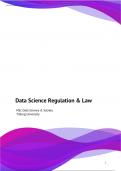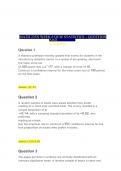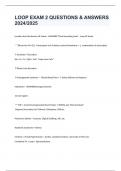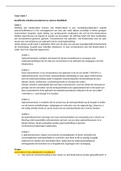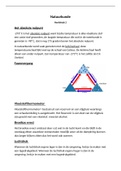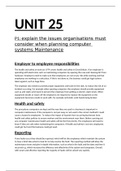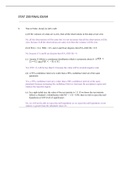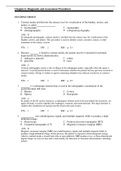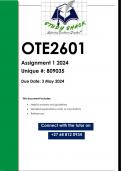Resume
Summary Data Science Regulation & Law (620087-M-6)
- Cours
- Établissement
Grade: 8.6. Extensive summary for the course Data Science Regulation & Law. The summary contains the content of the lectures of all clusters, including additional notes and explanations. The course is part of the MSc Data Science & Society at Tilburg University.
[Montrer plus]
